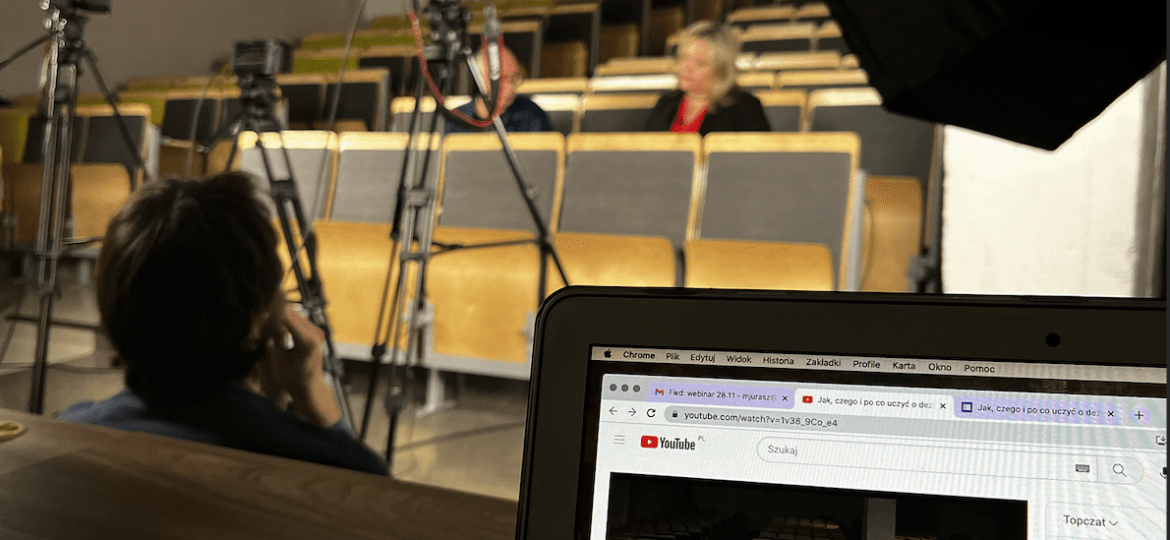
The first of three planned webinars for teachers in the series ‘How, what, and why to teach about disinformation,’ organized by CEDMO Poland, took place on 28 November. The webinar was led by Prof Karina Stasiuk-Krajewska and editor Tomasz Wolodźko, lecturers at SWPS University, and members of CEDMO’s Polish media education team.
The hour-long discussion raised issues relating to the specifics of disinformation phenomena (What is fake news? How to distinguish it from reliable information? Are disinformation just twisted or completely false “facts”, or something more?). The presenters discussed reasons for the expansion of disinformation and the susceptibility of audiences to this type of activity. Problems related to recent media changes and social media’s role were also important topics.
The key threads of the discussion were related to practical ideas on how to teach young people about disinformation. The presenters pointed out above all that it is worth showing young people that disinformation also affects them and can really harm them (e.g., when it is used in scams). It is also important to show examples from the world of young people (e.g., disinformation referring to Elon Musk). It is advisable to work on audio-visual materials (for example, films) and to treat the tracking of disinformation as puzzle-solving tasks based on gamification and infotainment mechanisms – so that students feel safe and have the satisfaction of solving the problem. The webinar gave examples of specific materials and tools. A video of the webinar is available here (link).
We were supported in the realization of the webinar by the SWPS University students’ research circle “Objective” together with its supervisor Magda Obszarny. Thank you!
Please join us for the next webinar in March 2023. Information will appear on the CEDMO and SWPS University websites.